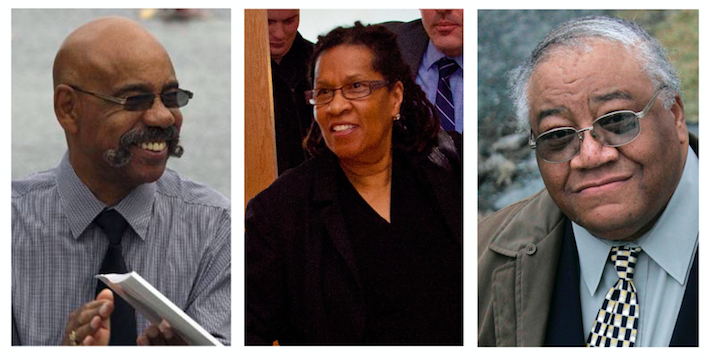In the 259 years of responsible government in Nova Scotia there have been just five African Nova Scotian MLAs. This week, we speak to three former MLAs who each sat as the sole African Nova Scotians in the legislature during their time in politics.
Did you enjoy this episode? Rate this podcast in Apple Podcasts. It really helps support the podcast.
Subscribe to the Off Script podcast in your favourite podcast listening app:
Apple Podcasts | Overcast | Pocket Casts | Stitcher Radio | PlayerFM | Castbox | BeyondPod | Podbean



